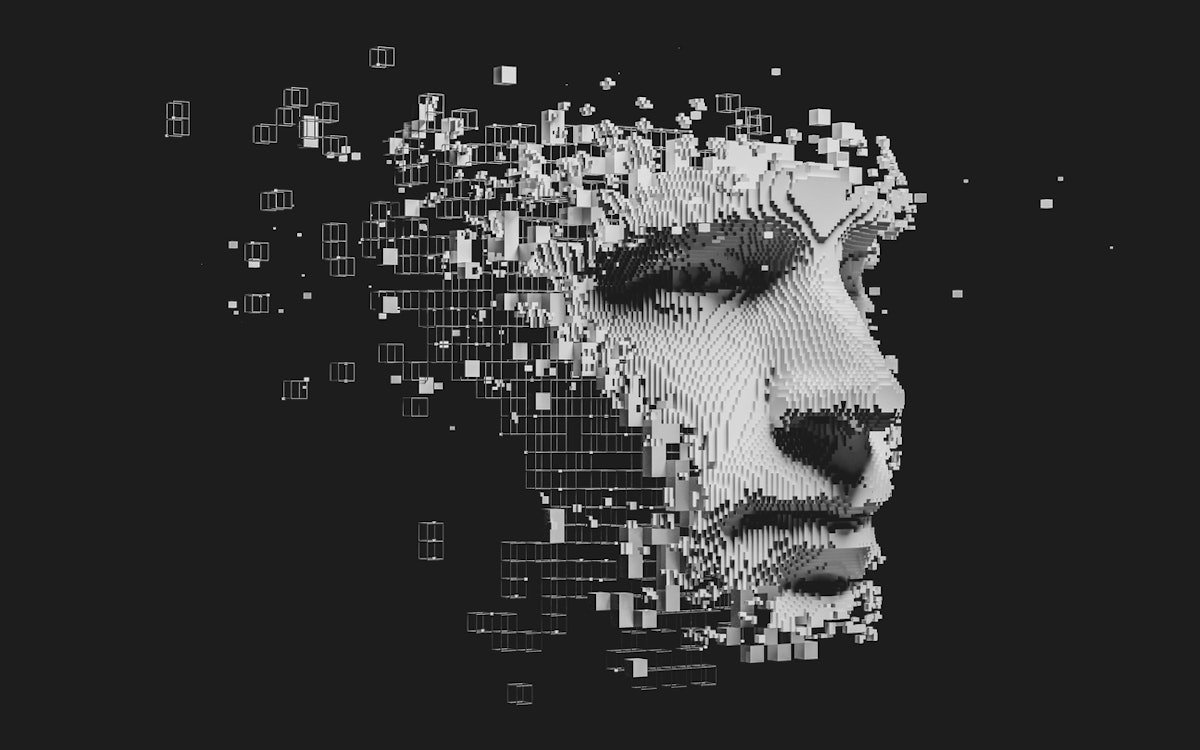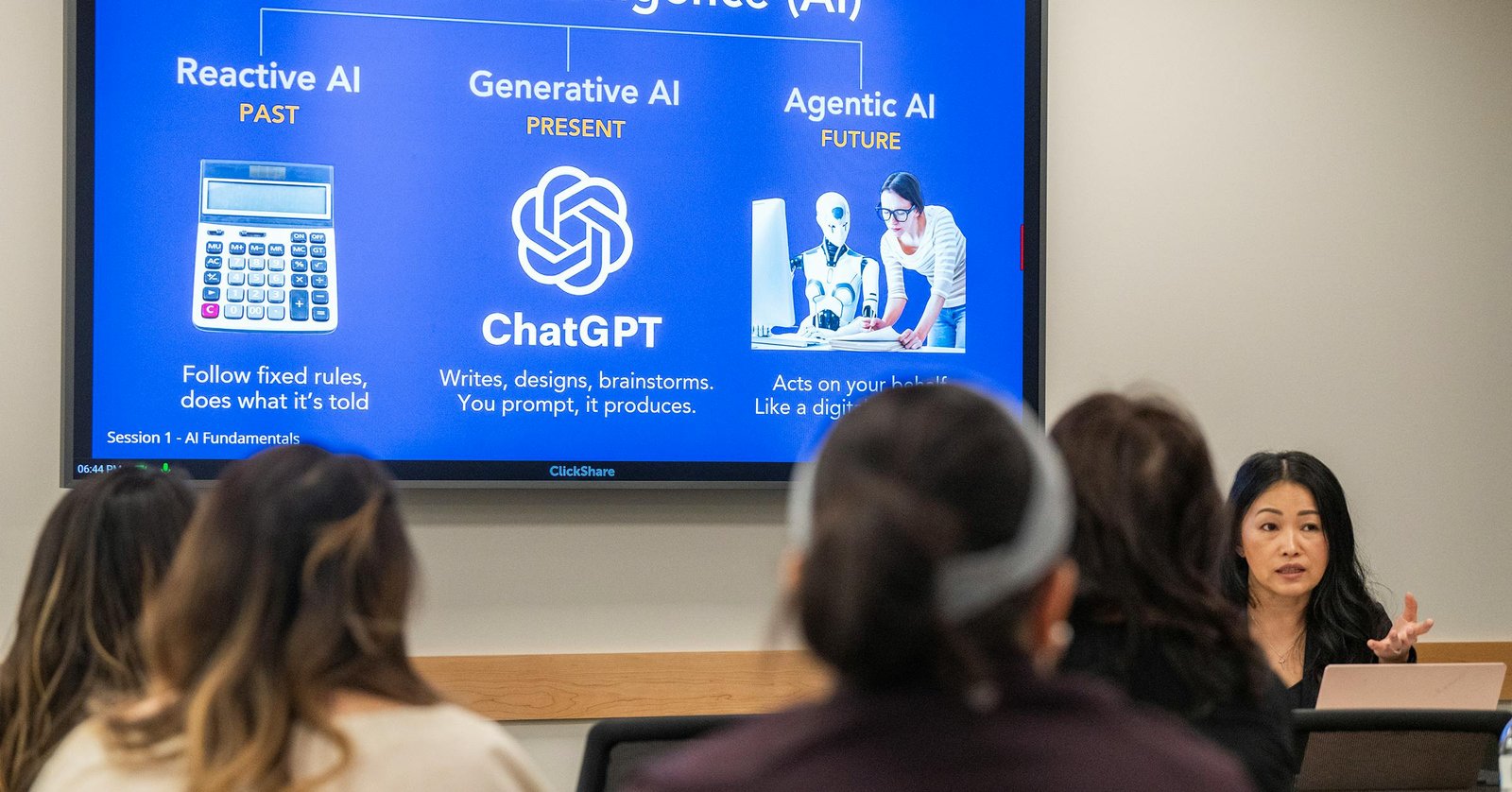AI Insights
Techno-Utopians Like Elon Musk Are Treading Old Ground

In “The Singularity is Nearer: When We Merge with AI,” the futurist Ray Kurzweil imagines the point in 2045 when rapid technological progress crosses a threshold as humans merge with machines, an event he calls “the singularity.”
Although Kurzweil’s predictions may sound more like science fiction than fact-based forecasting, his brand of thinking goes well beyond the usual sci-fi crowd. It has provided inspiration for American technology industry elites for some time, chief among them Elon Musk.
With Neuralink, his company that is developing computer interfaces implanted in people’s brains, Musk says he intends to “unlock new dimensions of human potential.” This fusion of human and machine echoes Kurzweil’s singularity. Musk also cites apocalyptic scenarios and points to transformative technologies that can save humanity.
Ideas like those of Kurzweil and Musk, among others, can seem as if they are charting paths into a brave new world. But as a humanities scholar who studies utopianism and dystopianism, I’ve encountered this type of thinking in the futurist and techno-utopian art and writings of the early 20th century.
Techno-utopianism’s origins
Techno-utopianism emerged in its modern form in the 1800s, when the Industrial Revolution ushered in a set of popular ideas that combined technological progress with social reform or transformation.
Kurzweil’s singularity parallels ideas from Italian and Russian futurists amid the electrical and mechanical revolutions that took place at the turn of the 20th century. Enthralled by inventions like the telephone, automobile, airplane and rocket, those futurists found inspiration in the concept of a “New Human,” a being who they imagined would be transformed by speed, power and energy.
A century ahead of Musk, Italian futurists imagined the destruction of one world, so that it might be replaced by a new one, reflecting a common Western techno-utopian belief in a coming apocalypse that would be followed by the rebirth of a changed society.
One especially influential figure of the time was Filippo Marinetti, whose 1909 “Founding and Manifesto of Futurism” offered a nationalistic vision of a modern, urban Italy. It glorified the tumultuous transformation caused by the Industrial Revolution. The document describes workers becoming one with their fiery machines. It encourages “aggressive action” coupled with an “eternal” speed designed to break things and bring about a new world order.
The overtly patriarchal text glorifies war as “hygiene” and promotes “scorn for woman.” The manifesto also calls for the destruction of museums, libraries and universities and supports the power of the rioting crowd.
Marinetti’s vision later drove him to support and even influence the early fascism of Italian dictator Benito Mussolini. However, the relationship between the futurism movement and Mussolini’s increasingly anti-modern regime was an uneasy one, as Italian studies scholar Katia Pizzi wrote in “Italian Futurism and the Machine.”
Further east, the Russian revolutionaries of 1917 adopted a utopian faith in material progress and science. They combined a “belief in the ease with which culture could be destroyed” with the benefits of “spreading scientific ideas to the masses of Russia,” historian Richard Stites wrote in “Revolutionary Dreams.”
For the Russian left, an “immediate and complete remaking” of the soul was taking place. This new proletarian culture was personified in the ideal of the New Soviet Man. This “master of nature by means of machines and tools” received a polytechnical education instead of the traditional middle-class pursuit of the liberal arts, humanities scholar George Young wrote in “The Russian Cosmists.” The first Soviet People’s Commissar of Education, Anatoly Lunacharsky, supported these movements.
Although their political ideologies took different forms, these 20th-century futurists all focused their efforts on technological advancement as an ultimate objective. Techno-utopians were convinced that the dirt and pollution of real-world factories would automatically lead to a future of “perfect cleanliness, efficiency, quiet, and harmony,” historian Howard Segal wrote in “Technology and Utopia.”
Myths of efficiency and everyday tech
Despite the remarkable technological advances of that time, and since, the vision of those techno-utopians largely has not come to pass. In the 21st century, it can seem as if we live in a world of near-perfect efficiency and plenitude thanks to the rapid development of technology and the proliferation of global supply chains. But the toll that these systems take on the natural environment – and on the people whose labor ensures their success – presents a dramatically different picture.
Today, some of the people who espouse techno-utopian and apocalyptic visions have amassed the power to influence, if not determine, the future. At the start of 2025, through the Department of Government Efficiency, or DOGE, Musk introduced a fast-paced, tech-driven approach to government that has led to major cutbacks in federal agencies. He’s also influenced the administration’s huge investments in artificial intelligence, a class of technological tools that public officials are only beginning to understand.
The futurists of the 20th century influenced the political sphere, but their movements were ultimately artistic and literary. By contrast, contemporary techno-futurists like Musk lead powerful multinational corporations that influence economies and cultures across the globe.
Does this make Musk’s dreams of human transformation and societal apocalypse more likely to become reality? If not, these elements of Musk’s project are likely to remain more theoretical, just as the dreams of last century’s techno-utopians did.
AI Insights
Top Artificial Intelligence Stocks Worth Watching – September 10th – MarketBeat
AI Insights
How is AI showing up at your workplace? – Star Tribune
AI Insights
Stephen King perfectly sums up why he isn’t worried about being replaced by AI

Stephen King has revealed why he isn’t scared of artificial intelligence replacing him – but he issued a warning for future writers.
Artificial intelligence is becoming increasingly integrated into our lives, with many people concerned that it is reducing our critical thinking skills and could even impact jobs in creative industries such as writing, filmmaking and art.
In an interview with The Times, It and The Shining author King revealed that he has not given much thought to AI, but admitted that younger writers, such as his two sons, are feeling concerned about it.
“I don’t really care about AI,” King said. “My sons [Owen King and Joe Hill] are both writers … and they’re all hot to trot about AI and how awful it is for writers.”
He continued: “I just think that it’s a foregone conclusion that people are going to write better prose than some kind of automated intelligence.”
AI models are trained on a whole host of data, much of which includes creative works (which is why authors protested outside the Meta offices in April). But there is some argument about whether what it then produces based on this is anything close to what a human with lived experience can produce.
Getty Images
When asked if he believed AI would never be able to match up, the horror writer replied: “I didn’t say that. I think that once there is a kind of self-replicating intelligence, once it learns how to teach itself, in other words, it isn’t going to be a question of human input any more. It’s going to be able to do that itself.”
King referenced the novel The Time Machine by HG Wells, in which human society has collapsed and one race, the Eloi, is preyed upon by another, the Morlocks, who work machinery and eat them, and argued that it is how humans will end up with AI eventually.
“We’ll become the Eloi and AI will be the Morlocks and they’ll basically run everything,” King argued. “Once you teach AI to write a novel, a good novel, it’s going to be a different ballgame. I like to think that I can stay ahead of AI in the time that I have left.”
Why not read…
Have your say in our news democracy. Click the upvote icon at the top of the page to help raise this article through the indy100 rankings
-

 Business2 weeks ago
Business2 weeks agoThe Guardian view on Trump and the Fed: independence is no substitute for accountability | Editorial
-
Tools & Platforms1 month ago
Building Trust in Military AI Starts with Opening the Black Box – War on the Rocks
-

 Ethics & Policy2 months ago
Ethics & Policy2 months agoSDAIA Supports Saudi Arabia’s Leadership in Shaping Global AI Ethics, Policy, and Research – وكالة الأنباء السعودية
-

 Events & Conferences4 months ago
Events & Conferences4 months agoJourney to 1000 models: Scaling Instagram’s recommendation system
-

 Jobs & Careers2 months ago
Jobs & Careers2 months agoMumbai-based Perplexity Alternative Has 60k+ Users Without Funding
-

 Podcasts & Talks2 months ago
Podcasts & Talks2 months agoHappy 4th of July! 🎆 Made with Veo 3 in Gemini
-

 Education2 months ago
Education2 months agoMacron says UK and France have duty to tackle illegal migration ‘with humanity, solidarity and firmness’ – UK politics live | Politics
-

 Education2 months ago
Education2 months agoVEX Robotics launches AI-powered classroom robotics system
-

 Funding & Business2 months ago
Funding & Business2 months agoKayak and Expedia race to build AI travel agents that turn social posts into itineraries
-

 Podcasts & Talks2 months ago
Podcasts & Talks2 months agoOpenAI 🤝 @teamganassi


